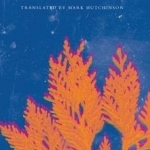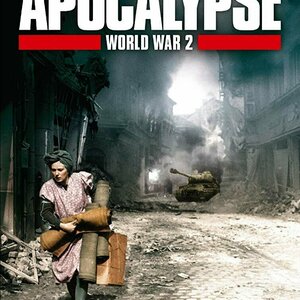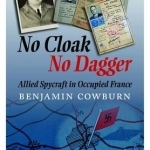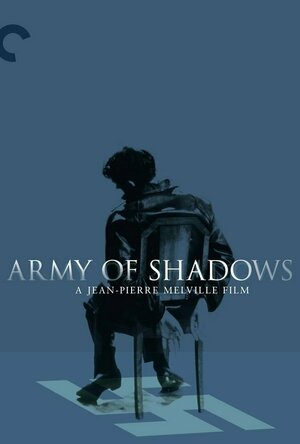
Carve Her Name with Pride
Book
Carve Her Name With Pride is the inspiring story of the half-French Violette Szabo who was born in...
Milleen (47 KP) rated All the Light We Cannot See in Books
Nov 14, 2018

The Lost Airman: A True Story of Escape from Nazi-Occupied France
Book
Arthur Meyerowitz was on his second air mission over France when he was shot down in 1943. He was...

The Inventors: And Other Poems
Book
One of the foremost poets of the French Resistance, Rene Char has been hailed by Donald Revell as...

Apocalypse: The Second World War
TV Show
Apocalypse: The Second World War(2009) is a six-part French documentary about the Second World War....

Wolfenstein: Youngblood
Video Game
The game is set in the 1980s, two decades after the events of Wolfenstein II: The New Colossus. In...
Wallace Shawn recommended Army of Shadows (L'Armée des ombres) (1969) in Movies (curated)

The Riviera House
Book
From the New York Times bestselling author comes this extraordinary masterpiece of historical...

No Cloak, No Dagger: Allied Spycraft in Occupied France
Book
The memoir of SOE agent Benjamin Cowburn is rightly regarded as a classic of wartime literature. In...

